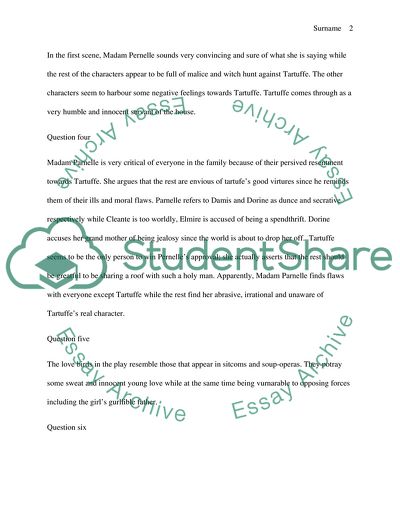Cite this document
(“Tartuffe Assignment Example | Topics and Well Written Essays - 500 words”, n.d.)
Retrieved from https://studentshare.org/english/1606132-tartuffe
Retrieved from https://studentshare.org/english/1606132-tartuffe
(Tartuffe Assignment Example | Topics and Well Written Essays - 500 Words)
https://studentshare.org/english/1606132-tartuffe.
https://studentshare.org/english/1606132-tartuffe.
“Tartuffe Assignment Example | Topics and Well Written Essays - 500 Words”, n.d. https://studentshare.org/english/1606132-tartuffe.


